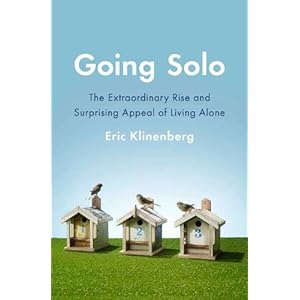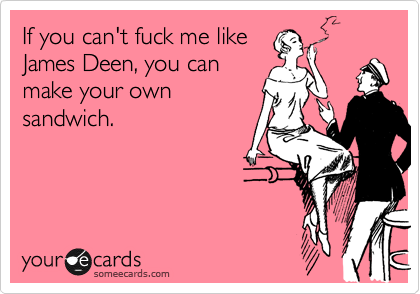In the National Post this weekend, Michael Lista took issue with one of the editors interviewed on the recent CWILA website:
On the eve of what many hope is a new era of criticism in Canada, I was surprised to find that one of the three essays framing the CWILA discussion is one by Jan Zwicky entitled “The Ethics of the Negative Review,” which we can charitably call spooky and meretricious, but is probably deserving of a much less friendly repudiation.Lista then goes on to show his readers what a negative review looks like, with stealthy name-calling and florid half-insults. "The good in bad reviews" is an excellent example of how negative reviews are sometimes more an exercise for the reviewer to flex and sharpen rather than really engage with the text.
In reponse to Zwicky's assertion that if we are assigned a book we dislike we "keep our mouths shut," Lista says:
What a miserable, low thing to tell another woman, another writer, another human.How strange, to tell a woman what they should and should not be saying, in a response to a project that tackles women's under-representation in reviews. If "[t]he purpose of a review, good or bad, is to begin a conversation, not to end it" then this piece, with its gleeful silencing of Zwicky and other possible voices, fails. For if others have the slightest timidity, they are advised to "put your poems in a goddamn drawer." I'd assume this advice is not limited to the "too many" poets, but to novelists and playwrights, other reviewers, writers all. (And there are indeed lots of poets; Natalie Zed has a handy list of poetry books by female writers right here.) It is not unreasonable to think that at least some of the people who dedicate their lives to the solitary practice of writing might fear social approbation, yet may possess many talents. Even George Eliot was protected from bad reviews by her lover.* (On this topic, Jennifer Weiner -- she of Not Serious Literature -- wrote an excellent blog post about not trashing other female writers in public. It's worth a read.) Having gone the long way around, it's now time to point out that Zwicky's point about not writing negative reviews isn't about sunshine and unicorns and everyone getting along. (Lista's "Cue the violins" is a total misdirection; Zwicky's piece is actually fairly pragmatic.) Rather, the limited space in publications is better used to highlight books deserving praise. The cream, it's thought, rises. Zwicky writes:
I don’t think reviewers should take it upon themselves to right such wrongs by slinging invective at Q’s work. Far more effective to use the column space to draw attention to the great stuff P has been producing. [...] Again, the reviewer who’s feeling truly spiteful could probably do much more damage by drawing the public’s attention to Moderately-Well-Known Author P and saying almost nothing about Famous Author Q, than by fuming about Q in public."Call me old-fashioned," Lista says, "but I think the truth sounds beautiful, and there’s an intrinsic value in discovering what writers think of each other’s work. ." Okay, I will. The idea that there is one objective truth about any given title smacks of the oldest, whitest, male-est pedagogical method. Now, I'm all for negative reviews: I've written a few furious blog posts myself. But I'm also fine with the editorial choice to have reviews that are for the most part informative. I don't need to have my opinions spoon-fed to me. I want to understand something about the content of the work. I want to be given enough information to excite me about the literature. That not weakness, and it's the most important kind of honesty, with all subjection and possible grudge set aside.** I'm a fledging reviewer myself†, and I'd hope that if I choose to be informational rather than emotional (so female!) in my professional (off-blog) writing, I might get noses into books they hadn't considered before. And coincidentally, that is also what I do in conversation.
Update: Jan Zwicky responds in the National Post: "Where he and I part company is over the idea that a kick in the nuts is a good way to start a conversation."
*A.S. Byatt, in her introduction to The Mill on the Floss.
**But this is a blog post, and I'm allowed to get a little snippy.
†And instead of writing paid reviews, I wrote this. I'm sending an invoice for my time!









